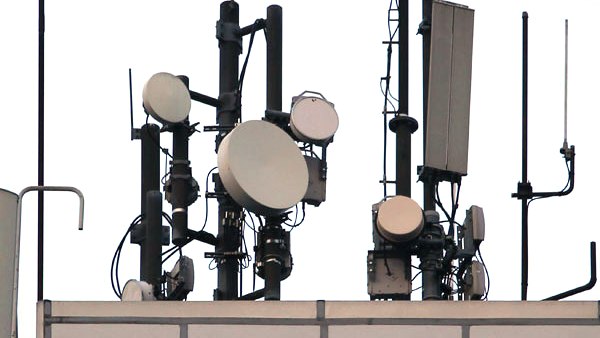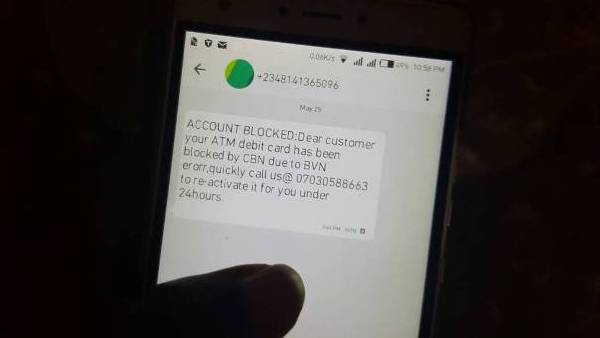The Nigerian Communications Commission (NCC) has recorded fifty thousand cases vandalism of telecommunication infrastructure and facilities in parts of Nigeria in the last five years.
The commission’s Vice Chairman, Umar Danbatta, said this at 2022 Youth, Civil Society and Stakeholders Summit, held in Abuja.
He noted that these acts of destruction cause poor telecom services such as dropped calls and other poor services being witnessed by consumers in the country.
Dambatta noted that the implications of these incidents are huge as they could be felt in the quality of telecommunications services in the country.
He said the increased incidents had continued to affect the quality of experience of consumers and called for concerted efforts by members of the public and security agencies to stem the tide.
Danbatta, who was represented by the Head, Corporate Communication Unit, Nnena Ukoha, said, “The negative impacts of incessant vandalism of telecom equipment, evidenced in fibre cuts, theft of telecom facilities like generators at sites, vandalism of base stations, among other vices, have become a major burden on the service providers, while telecom consumers have continued to suffer unwarranted disruptions of their hard-earned services.”
Also Read
“The impact of vandalism of infrastructure is felt by all in the quality of services rendered, as it results in increasing drop calls, data and internet connectivity disruptions, aborted and undelivered short messaging services as well as countless failed calls.”
Danbatta further said it was necessary to consider that the ability to connect and communicate was fundamental to human existence, improvement in business processes, government services, education, as well as social and family networking.
He added that to enjoy seamless connections, every member of the community should get involved in protecting the critical infrastructure that made these services possible.
“As a community, you are expected to report cases of vandalism of telecoms infrastructure to the nearest law enforcement agencies such as the police, the Nigeria Security and Civil Defence Corps, and also share adequate information received from the NCC with your family, friends, and neighbour,” he said.




